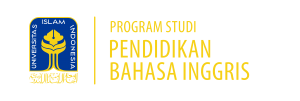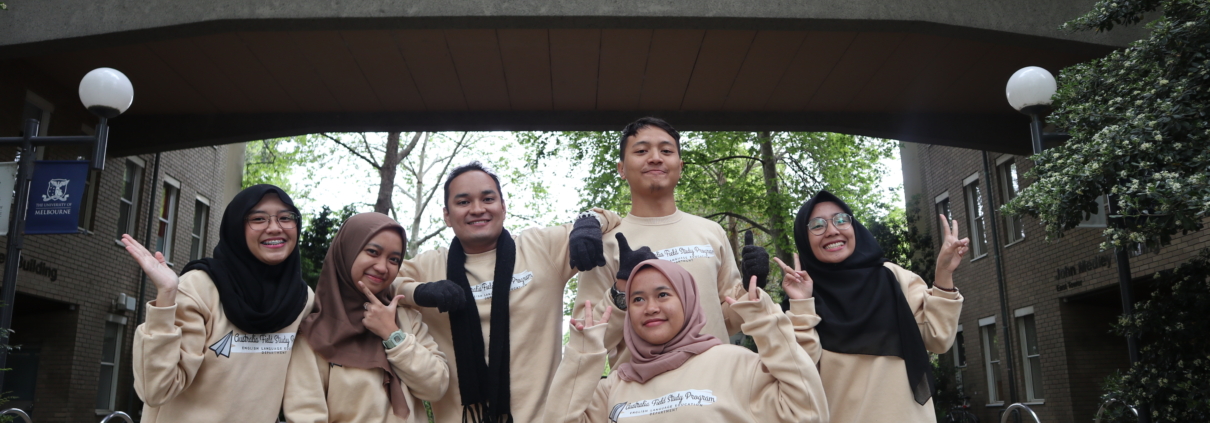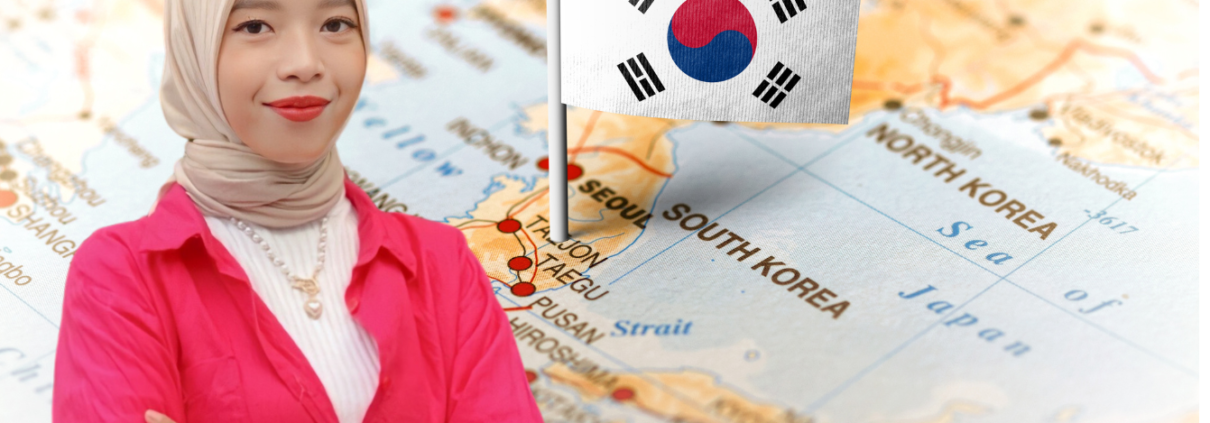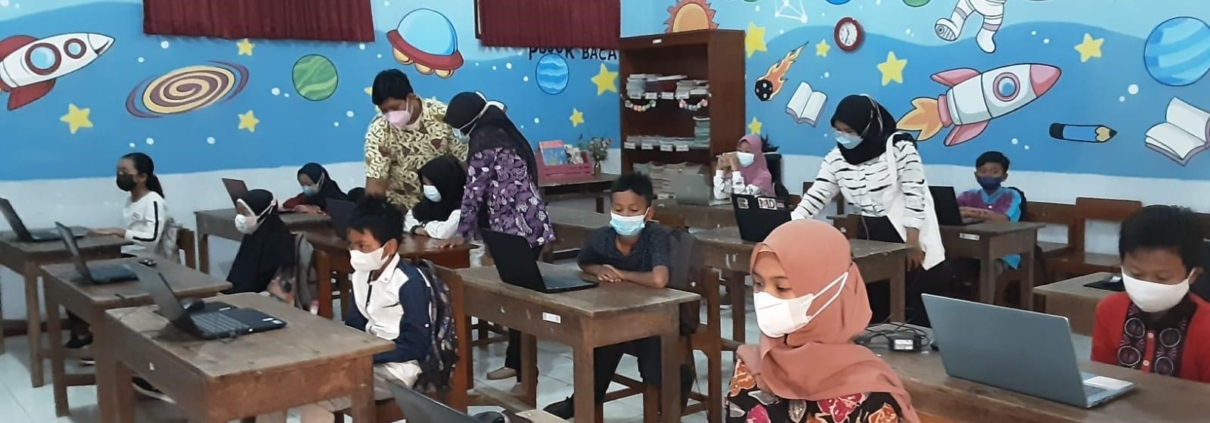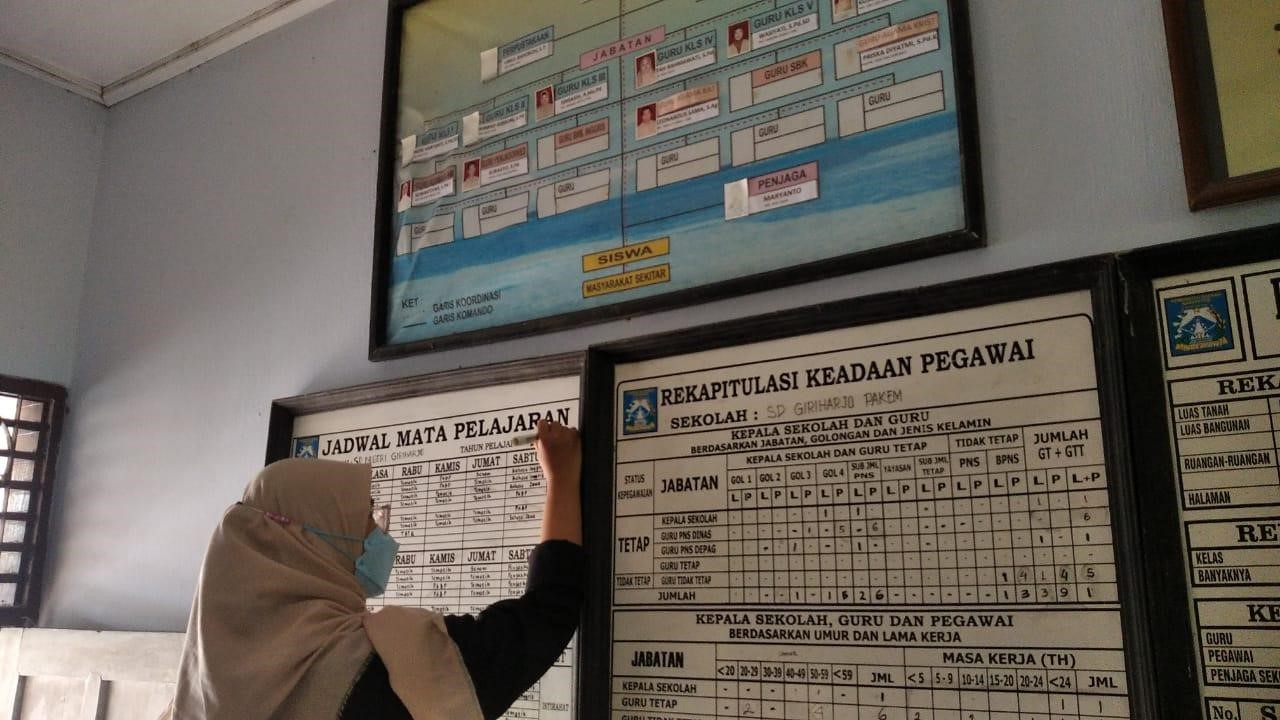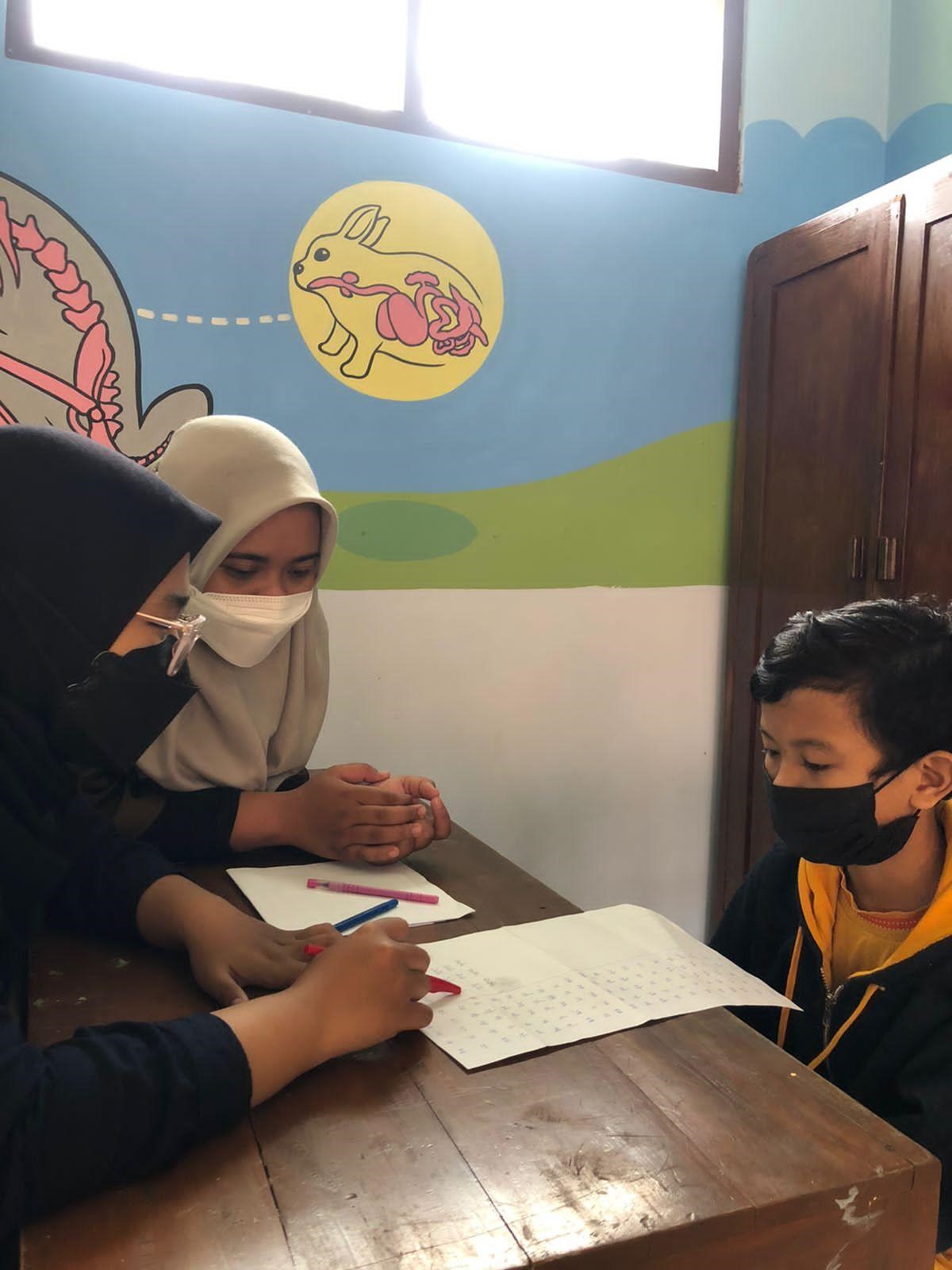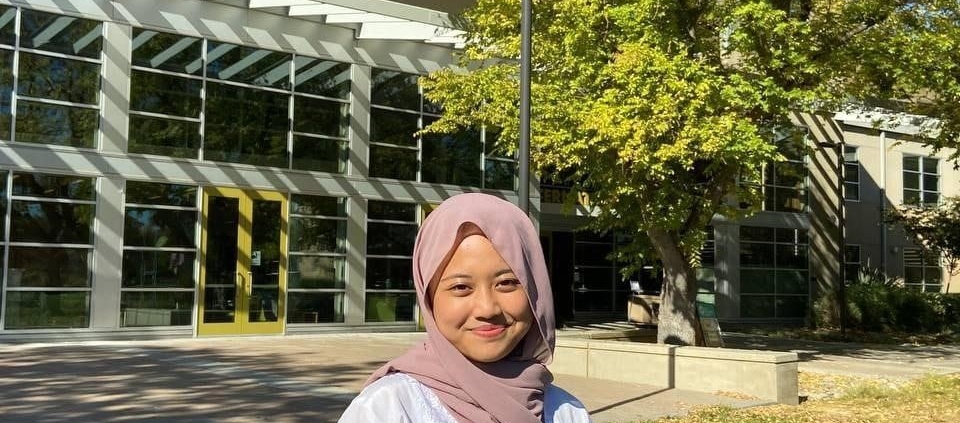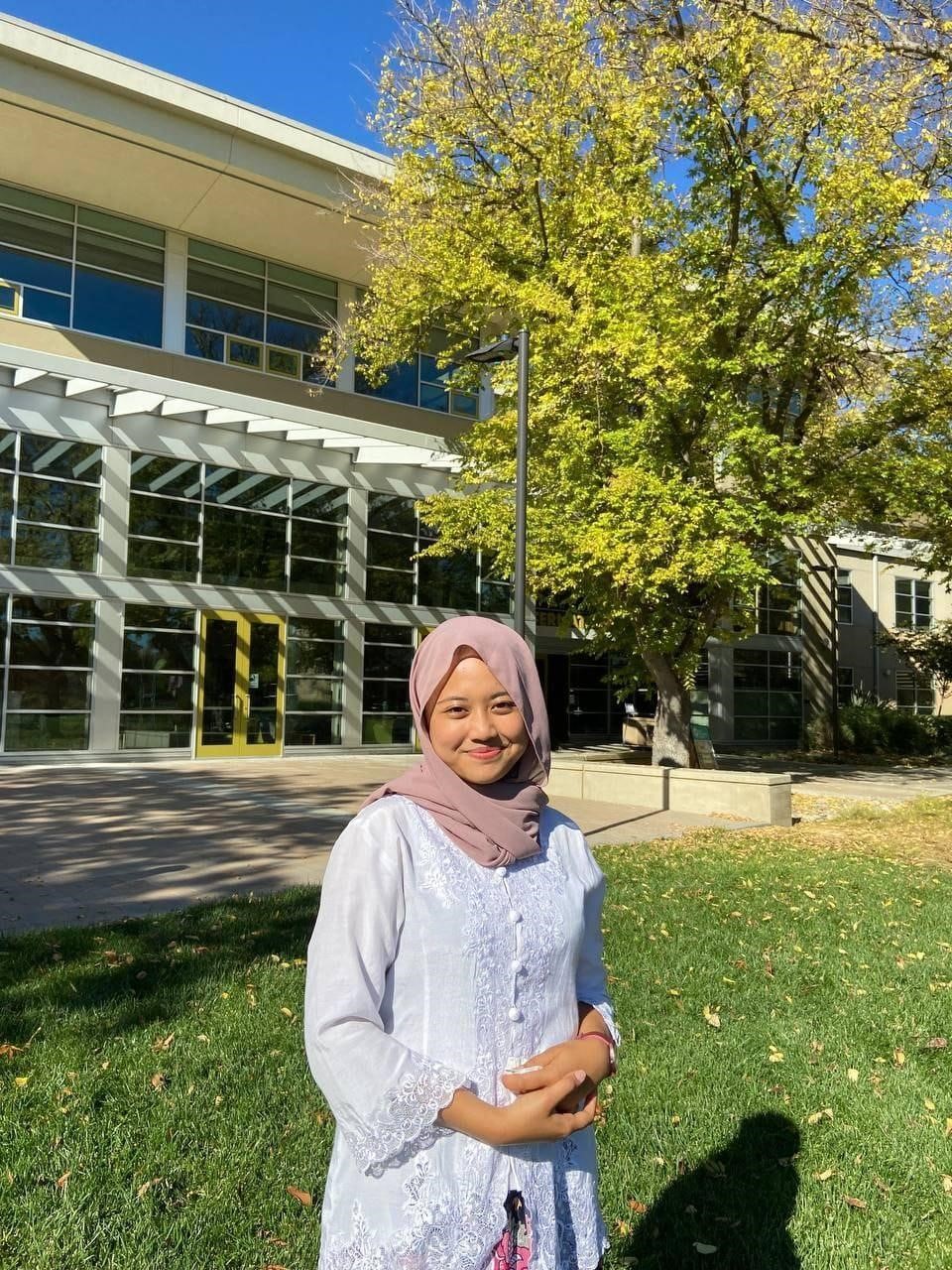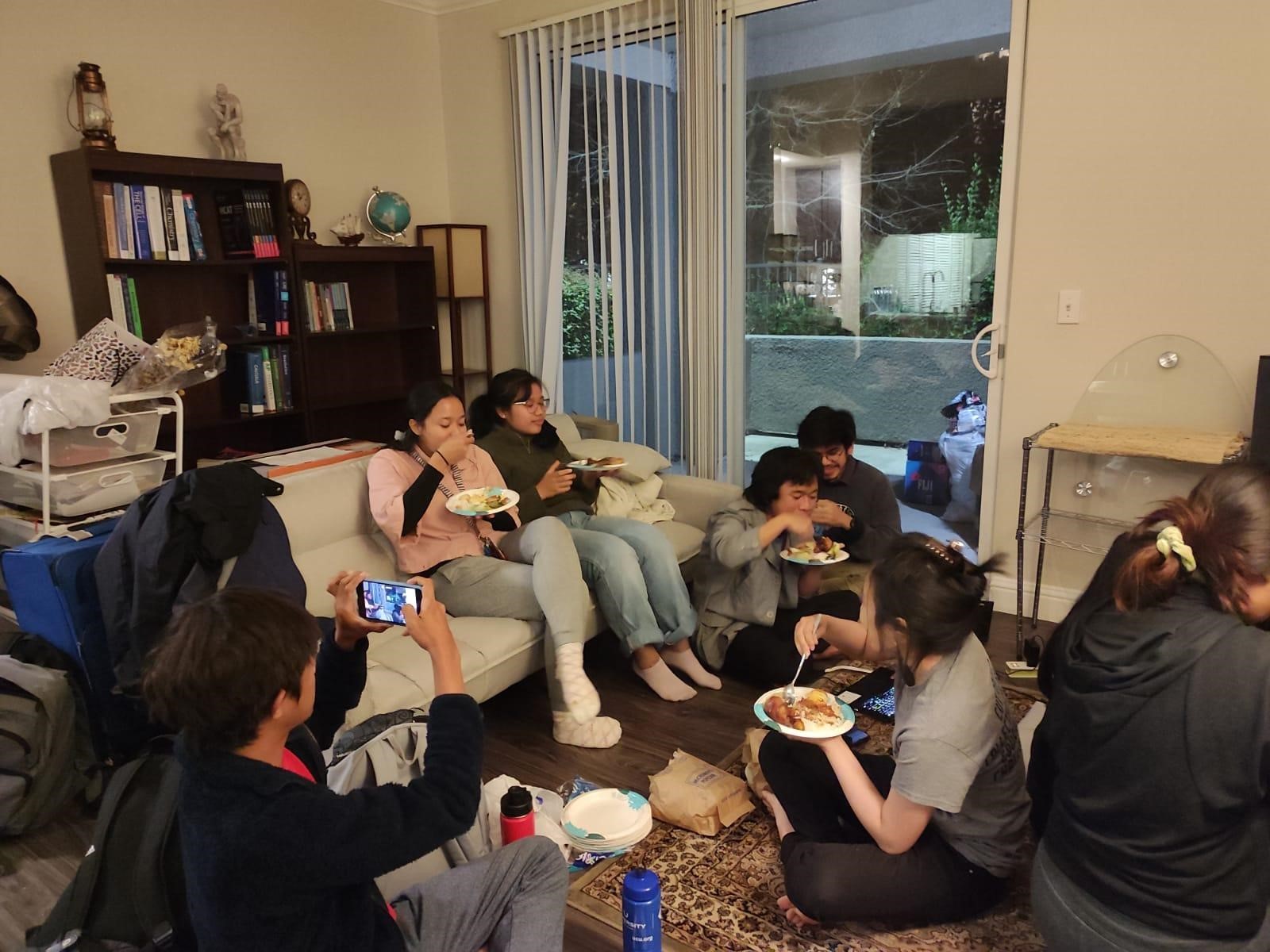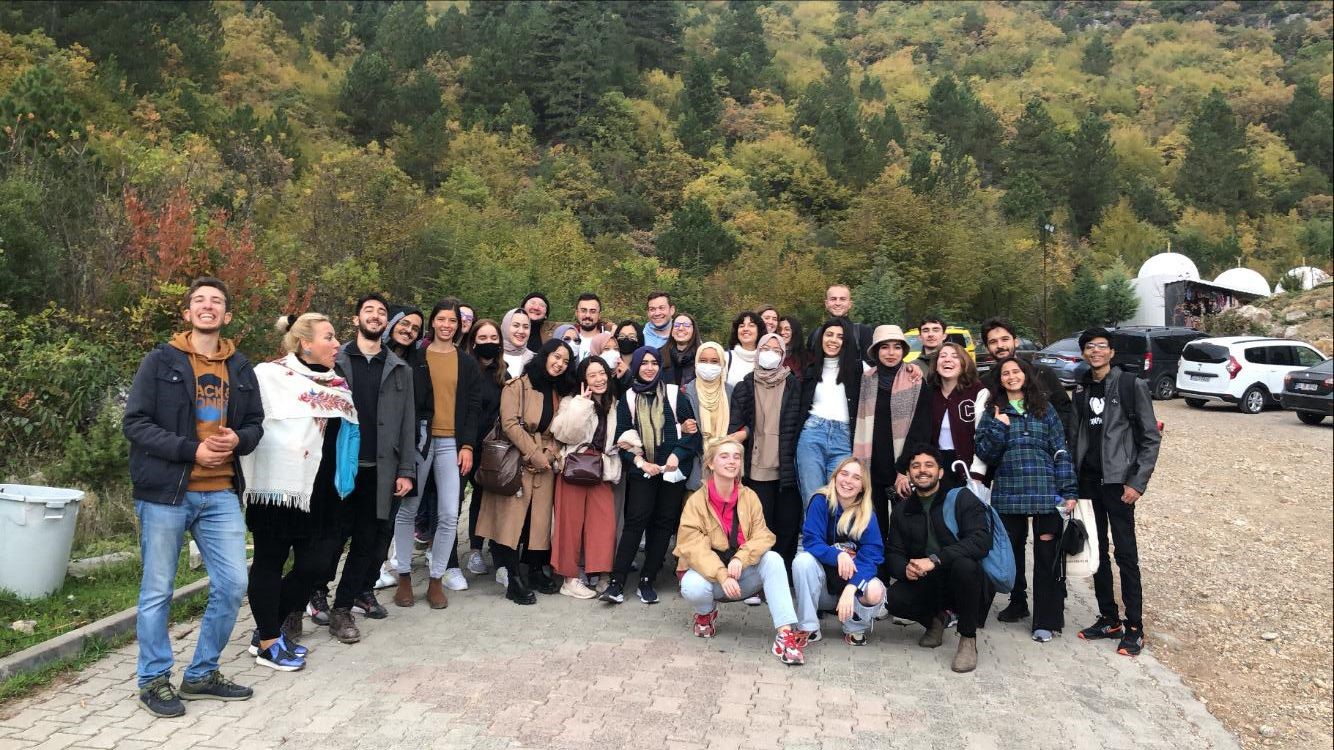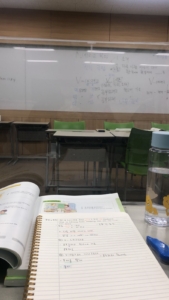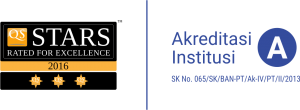Expanding Horizons through Teaching Practice Overseas
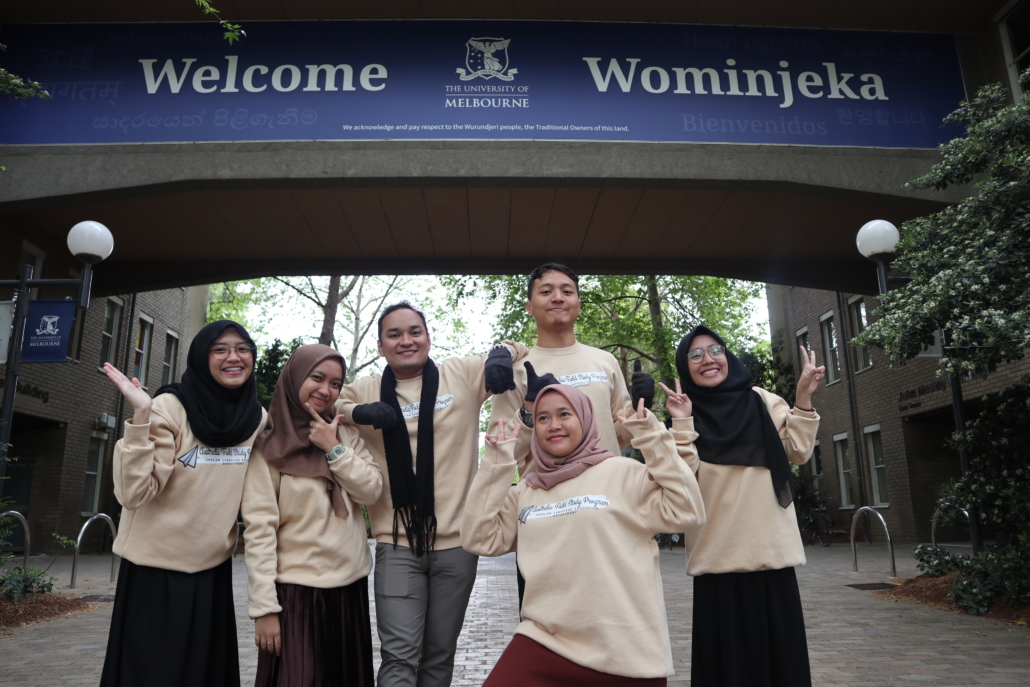
After extended periods of canceled and postponed PBI UII’s programs due to COVID-19 restrictions, it is a relief that the programs are finally continued after there are no COVID-19 restrictions. PBI UII still withstands its programs; one of them is “International Teaching Practice” as a commitment to supporting the students’ professional development to become educators at the international level.
In 2023, PBI UII sends off 15 students to Australia, Thailand, Malaysia, Vietnam, and Philippines. They will be deployed in schools or universities to have teaching practice. Students fully prepared throughout the deployment get training from remarkable trainers aligned with their program placement.
Indra Waskita, one of the ITP 2023 awardees, expressed his gratitude for snatching the opportunity to teach in Thailand, “Alhamdulillah, I was extremely happy and thrilled when I was selected as one of the delegates to go abroad to teach.” He made tremendous efforts to ensure he could snatch the opportunity, “I was occupied with several trainings for a competition, so I had to manage my time wisely for both the Indonesian Drum Corps Association (IDCA) competition and the International Teaching Practice program.”
Additionally, PBI UII held several trainings to support the delegates’ teaching practice in their respective countries. For Indra, who is familiar with the Thailand language because he learned about it during the lockdown due to the pandemic, gained several insights from the workshop on Thailand Language, “I found new perspectives from Miss Satwika, our trainer of Thai Language Survival Workshop. She taught the Thai script with the Latin alphabet, which is different from my experience; I previously studied it with the Thai alphabet.” The workshop was held twice and lasted two hours respectively on different days. However, the training was conducted hybrid because Miss Satwika lived in Thailand, Indra, including the participants, had a great time learning about Thailand, especially when Miss Satwika asked them to speak in Thailand.
There has been a transformation in the program’s deployment from the past to the present. Previously, PBI UII only sent students to Australia, Thailand, and the Philippines. Now, PBI UII can send more students, and new countries have been added to the list, namely Vietnam and Malaysia. The vision to provide international exposure has grown stronger within PBI UII, as a global perspective is considered crucial for educators. PBI UII hopes to support students’ future endeavors through the establishment and continued pursuit of International Teaching Practice, enabling them to become future educators who will lead the way with open minds and hearts.
Written by Chintya Arlita
